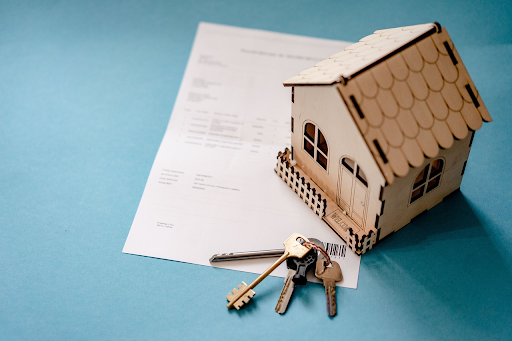
Buying a first house is a significant milestone for anyone, but it can be particularly daunting for business owners. With so many financial responsibilities to juggle, it can be challenging to navigate buying a home. This blog post will provide tips for business owners buying their first house.
Build Your Credit Score
Your credit score impacts your ability to obtain a mortgage and the interest rate you will pay. A higher credit score will help you qualify for better rates, saving you thousands of dollars over time.
Before applying for a mortgage, you should check your credit report for errors and correct any discrepancies. A mistake on your credit report can negatively impact your credit score and may cause your mortgage application to be denied.
Avoid making any major purchases, such as a new car or expensive vacation, before applying for a mortgage. These purchases can negatively impact your credit score and your ability to qualify for a mortgage.
Get Finances in Order
The first step in buying a home is to determine your budget. A first-time buyer mortgage specialist can help you understand how much house you can afford and what expenses are associated with homeownership. It’s important to factor in other expenses, such as property taxes, insurance, and maintenance.
Saving for a down payment and closing costs is also essential when buying a home. Most lenders require a down payment of at least 20% to avoid private mortgage insurance (PMI) fees. Closing costs can add up to several thousand dollars and should also be factored into your budget. A mortgage specialist can help you understand the costs associated with buying a home and provide guidance on how to save for a down payment and closing costs.
Reducing your debt is another way to get your finances in order. Paying off outstanding credit card balances or loans before applying for a mortgage can help you qualify for better interest rates and reduce your debt-to-income ratio. A mortgage specialist can help you understand how your debt impacts your ability to qualify for a mortgage and provide guidance on effectively reducing your debt.
It’s also important to consider other expenses associated with homeownership, such as property taxes, homeowner’s insurance, and maintenance costs. A mortgage specialist can help you understand these expenses and provide guidance on how to incorporate them into your budget.
Get Pre-Approved for a Mortgage
Getting pre-approved for a mortgage is an essential step in the home-buying process. Pre-approval is when a lender reviews your financial information and determines how much money they will lend you. This information is based on your credit score, income, debt-to-income ratio, and employment history.
Getting pre-approved for a mortgage can help you determine how much house you can afford and give you an idea of your monthly mortgage payments. It can also give you an edge in a competitive housing market. Having a pre-approval letter shows sellers that you are a serious buyer and can help you stand out among other potential buyers.
To get pre-approved for a mortgage, you’ll need to gather some documentation, including your income and employment history, bank statements, tax returns, and other financial information. You’ll also need to fill out a mortgage application and provide permission for the lender to pull your credit report.
Once you’ve been pre-approved, you’ll receive a pre-approval letter from the lender. This letter outlines the maximum amount of money the lender is willing to loan you and the loan terms. With a pre-approval letter, you can start shopping for homes within your budget and confidently make an offer.
Choose the Right Real Estate Agent
Choosing the right real estate agent is crucial when buying a house. A good agent can help you find the right house within your budget and negotiate on your behalf. To choose the right real estate agent, there are several factors you should consider.
Firstly, look for an agent who has experience working in the local market. An agent who is familiar with the area will have a better understanding of local housing trends, pricing, and neighborhoods. They can also provide valuable insights into the community and help you identify neighborhoods that meet your needs.
Secondly, look for an agent with a good reputation. Ask for referrals from friends and family or read online reviews to get an idea of an agent’s track record. A good agent should have a history of successfully helping clients buy and sell homes.
Thirdly, look for an agent who is responsive and communicative. Buying a house can be stressful, so it’s important to work with an agent who is available to answer your questions and provide updates throughout the process. Look for an agent who responds promptly to emails and phone calls and who keeps you informed every step of the way.
Finally, look for an agent who shares your values. Buying a house is a significant investment, so working with an agent who understands your financial goals and priorities is important. Look for an agent who listens to your needs and works with you to find the right house within your budget.




Buying a home is a significant milestone for anyone, but it can be particularly challenging for business owners. By following these tips, you can navigate the home-buying process with confidence. Building your credit score, getting your finances in order, and understanding the mortgage terms are all crucial steps. Additionally, choosing the right real estate agent, researching the local real estate market, and taking your time throughout the process will help ensure that you make informed decisions and find the right home for you and your family. Congratulations on this important step in your financial journey!
















